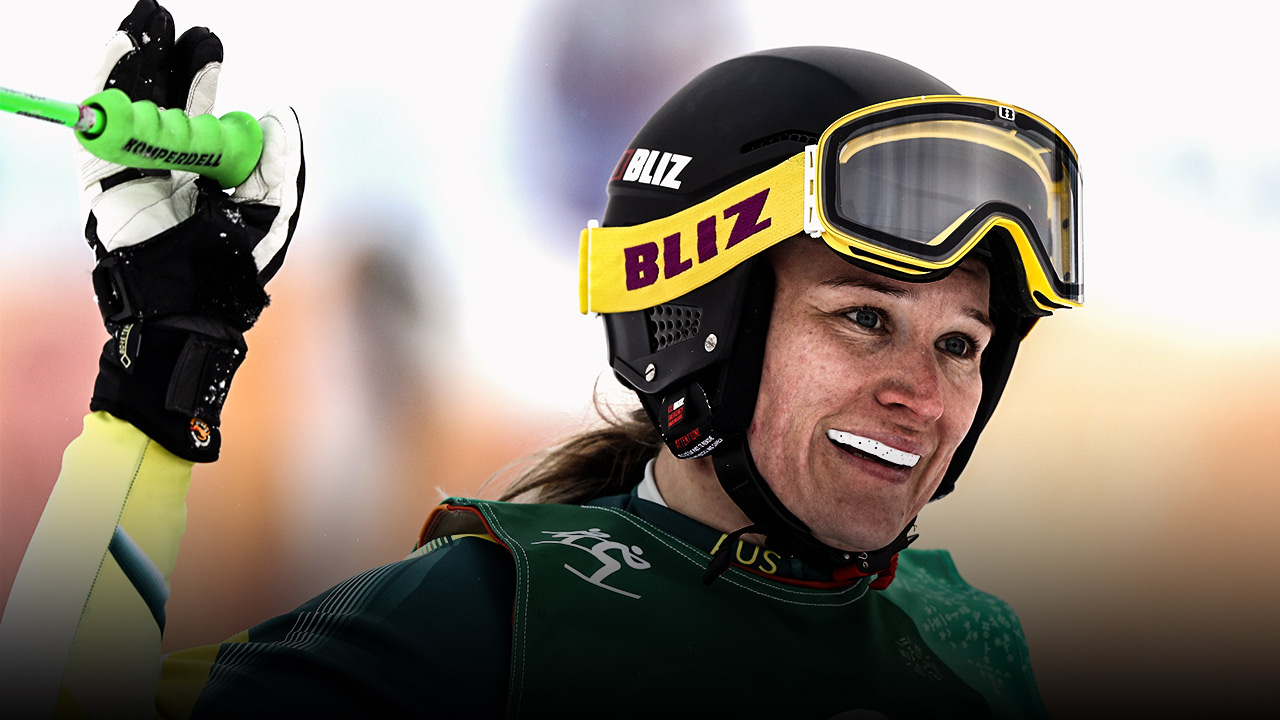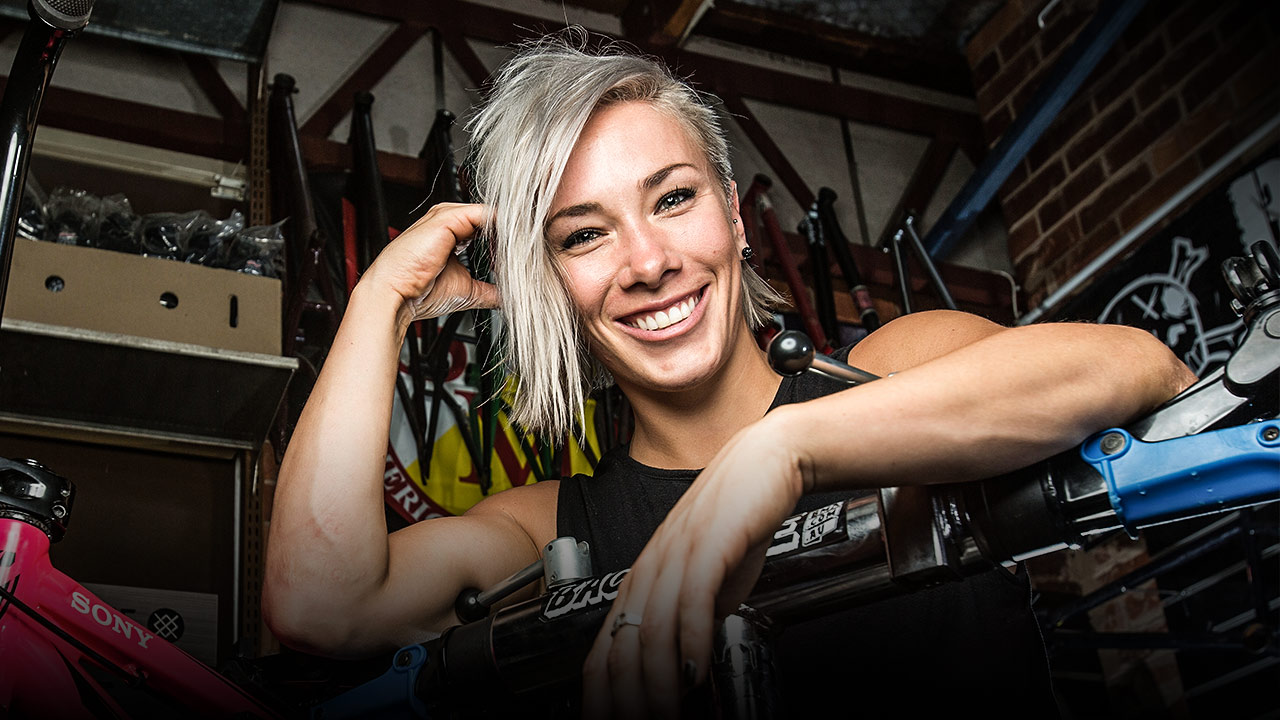You do have skills
It’s that focus on myself as a professional swimmer that ultimately led me to leave the sport. You could say I’ve gone full circle now and I’m gearing up for a career in which my job will be to help other people. I’m really excited about that.
For years I trained 10 or 11 times a week, swimming for two-and-a-half hours each session. I became pretty caught up in myself, which you have to if you want to succeed. But there came a point where I started to wonder what it was all about.
I spoke to my coach about it and we decided it would be good for me to look a bit outside the box. Through the QAS, I did some hospital visits and clinics for kids, which helped me discover, basically, there’s more to life than just me and my swimming.
Ultimately, there came the realisation that I’ve been very lucky and very blessed with everything I’ve had as an athlete. A part of me felt I had to share that around in some way.
I thought to myself, ‘I’ve just swum at an Olympics … I feel like I’ve done really well – and now I have to explain to Australia why I’ve disappointed them?’
Of course, it’s not as easy as saying, ‘OK, now I’m going to go and get the job I want’. I felt very unsure of myself, having never really had a proper job. Josh is a recruiter and I’ve often said to him that I’m scared I won’t be able to get a job because I don’t have any skills.
Josh was able to point out to me that, in fact, through being a fulltime athlete, I learnt plenty of skills that are applicable in the working world. ‘You’re kidding’, he said. ‘You have so many skills’. He said there were plenty of workplaces that would want the skills that I’ve attained.
We worked out that swimming taught me leadership skills. It taught me how to work within a team. It taught me good communication skills. Swimming, somewhat to my surprise, provided me with several skills for the future and proper life experiences.
Perhaps the reason I was so surprised was because, as an athlete, you’re always focused on the next goal instead of giving yourself the chance to think about what you’ve learnt or what skills you’ve gained. It’s always about putting in place the next set of goalposts instead of reflecting on what you’ve achieved.

A practical way to help
I retired at the age of 25. There was still the chance of going to the Tokyo Olympics, but I began to find that my interest in my studies was becoming greater than my desire to keep swimming.
It got to the point where I’d be frustrated about having to leave uni to go to swimming. Once you feel that way, remaining an elite athlete becomes impossible.
I’m studying criminology and my goal is to become a court support worker. I’d like to help women who are in court trying to get domestic violence orders. My role would be to help them understand how to go through that process and help with other practical things, such as with finances, housing – even helping find accommodation for pets.
I’m sure some of my passion for working in such a setting comes from my parents, who were both police officers. My mother now works in a domestic violence setting.
I’d hear about her work a lot as I became older and, sharing similar values to her, I found that I had an interest in the way people manoeuvre around the issues associated with domestic violence and the criminal justice system.
My original feeling was that I could be of assistance in domestic violence issues through policing or as a psychologist. However, coming to know myself a little better, I realised that I’m the kind of person who gets attached to people, someone who would hear a personal story and bring it home.
Therefore, victims’ services seemed a more practical way of helping people sort out their problems, while keeping a bit of emotional distance.

It’s an interesting time to work in the area of domestic violence. I don’t think the problem is becoming worse. But there is no doubt that it is being reported more as a result of the public discussion becoming more prevalent.
The issue was previously seen as a private matter. If you heard a fight going on next door, for instance, you wouldn’t think it was your business. That view is now being challenged, which is a good thing.
People now know that, if there is a concern about what you’re hearing or through other signs, it is best to call the police and alert them. There is no use in just being a bystander. There is a duty to protect people who might need help. You can actually do something about it, even if you’re not directly involved.
Swimming, somewhat to my surprise, provided me with several skills for the future and proper life experiences.
There have also been some recent law changes, such as domestic violence orders, and more women are applying for them, which shows that they’re realising there are services and help out there. Overall, with the changes in legislation and people’s attitudes, there are more ways now than ever to stop the violence.
My parents are happy for me to head towards doing this sort of work. They know better than most what a big problem domestic violence is.
Naturally, they’re concerned about the emotional toll it could take and have told me how important it is to look after yourself so you can look after others.
But that’s just another thing swimming has taught me – the importance of caring for your body and mind so you can operate at your peak.
More about: AIS | Olympic Games | Retirement | Rio 2016 | Swimming | Tokyo 2020




 Load More
Load More